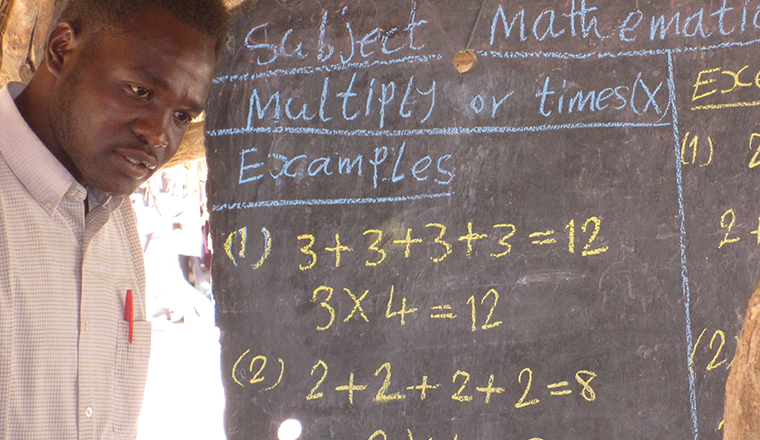
Two million school-age children are out of school in South Sudan – the highest rate in the world, according to UNICEF.
Since returning to war in December 2013, the government and opposition forces have recruited more than 19,000 children to serve as soldiers, cooks, spies, messengers, and in, some cases, for sexual purposes. A joint education needs assessment conducted in 2016 and 2017 showed that one in every three schools has been attacked, with both military and displaced populations occupying school buildings.
USAID has worked since 2014 to increase access to education for the most conflict-affected learners. It commissioned MSI to conduct a Rapid Education and Risk Analysis (RERA). Despite logistical difficulties, a rapidly changing environment, and potential physical threats, MSI’s team of 10 data collectors visited 27 sites over a four-week period. Their stops included learning sites run by volunteer teachers, accelerated learning programs for students 12 and older who missed some or all of their formal primary education, and community primary schools accommodating an influx of internally displaced students.
“MESP South Sudan, and exercises such as the RERA, has and will continue to challenge us all to produce our highest quality work,” shared Dr. Nitika Tolani, MSI’s education technical director. “They highlight the critical role of the community in ensuring children’s safety and access to education and inspired us to think innovatively about what we do and how to improve quality of education at all levels.”
The analysis gathered information to gain a deeper understanding of the relationship between the conflict and the educational system, including consultations with national and community-level actors to better perceive the effects of education on conflict mitigation.
MSI conducted 78 focus groups with students and teachers, and held 210 interviews with nearly 1000 participants, helping to raise the voices of those most affected. Data derived from these discussions will help USAID to develop context-specific and risk-informed programming. For more on the challenges faced and lessons learned during USAID/South Sudan RERA, click here.